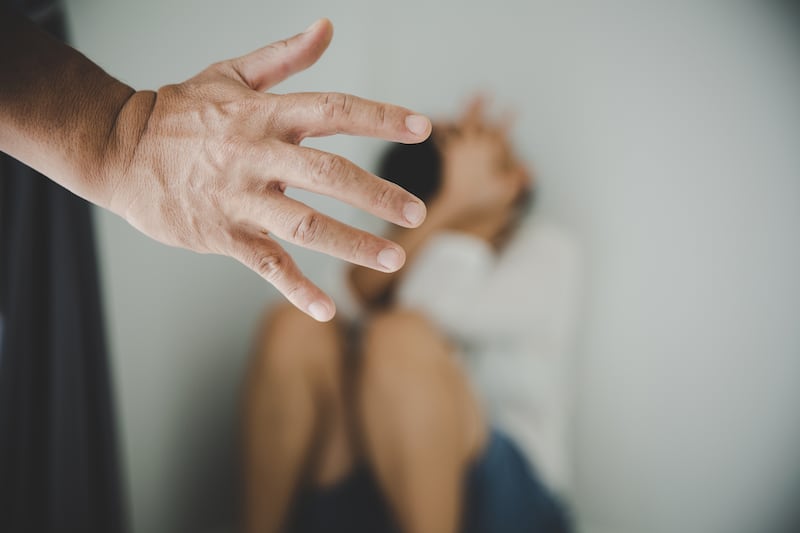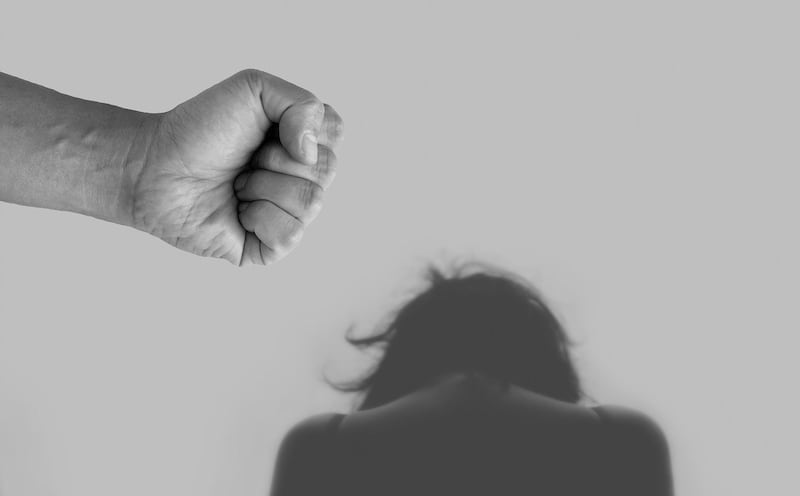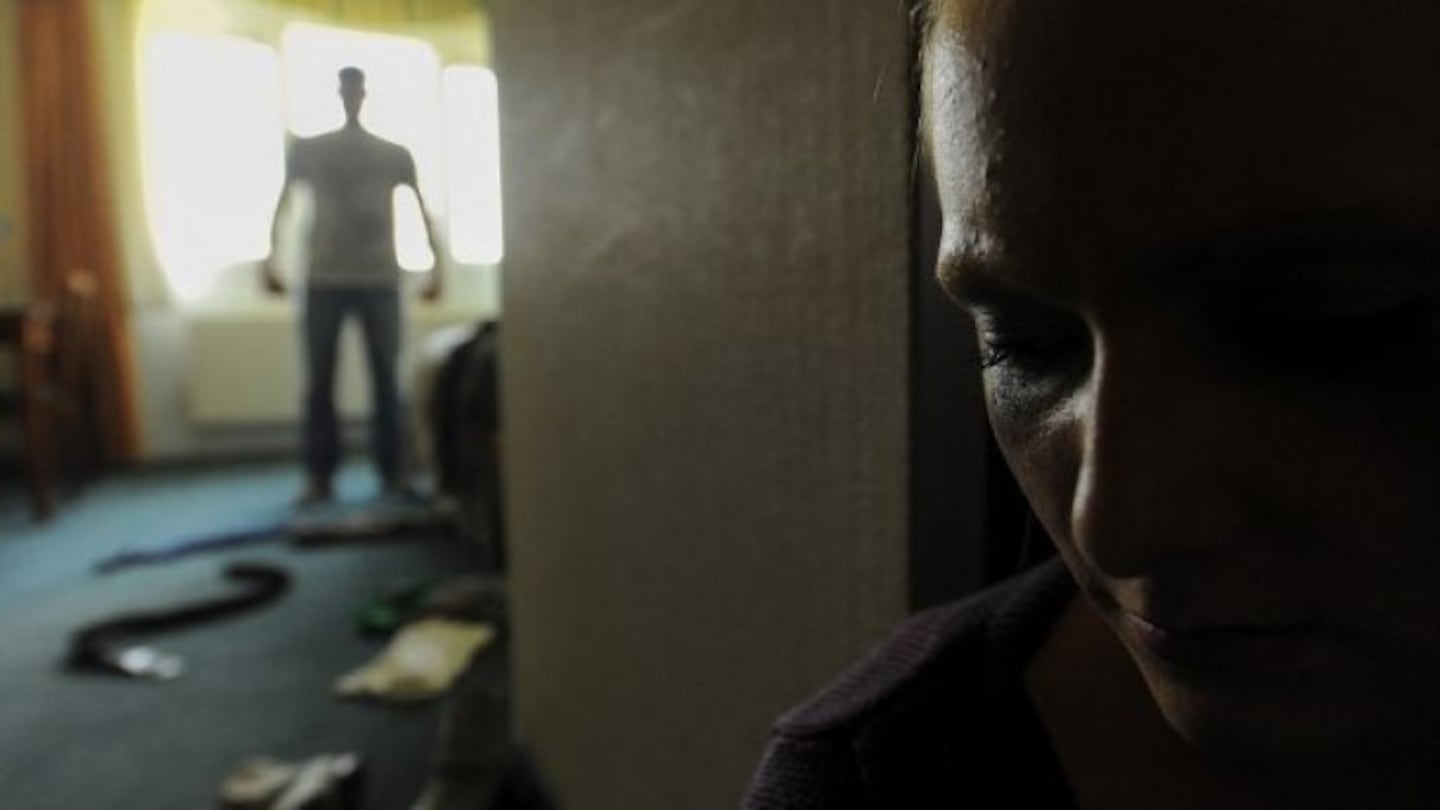A leading family violence crisis agency says the current cost of living crisis is exacerbating domestic abuse and harm in New Zealand, with a marked increase in people reporting more severe assaults - often involving weapons and strangulation.
Shine has also told the Herald that a shortage of affordable rental properties and emergency accommodation is putting women and children at further risk of violence.
Shine senior adviser Rachel Kain said the rate of family violence being reported to the organisation was “at an all-time high”.
“Shine is reporting a growing number of serious assaults with weapons - including knives and machetes - and strangulation that result in hospitalisations,” she said.
“Assaults occurring in front of children are also increasing.”
Kain said as well as growing in number, cases reported to Shine staff and advocates were “more severe and complex”.
“The recession and a shortage of rental accommodation limit the options people have to escape a violent partner,” she explained.
“A shrinking pool of affordable rental and emergency accommodation means women often have nowhere to go when they are ready to leave refuge or their violent partner.
“If you’re thinking of leaving, it’s much harder if you have no spare money after the bills are paid.
“Leaving a warm and dry three-bedroom home for emergency accommodation and no money is a hard trade-off.”
New Zealand has the highest rates of family violence in the OECD (Organisation of Economic Co-operation and Development).
Statistics show one in three Kiwi women will experience abuse in their lifetime.
The bulk of family violence goes unreported and figures held by police, the Ministry of Justice, local crisis services and other agencies do not reflect the seriousness of the situation.
A police annual report stated that in New Zealand, it is estimated that only 33 per cent of family violence cases are reported - meaning at least 67 per cent go unseen.
On average, police attend a family violence episode every four minutes.
Ministry of Justice data puts the number of unreported incidents at 80 per cent, and confirms nearly half of all homicides and reported violent crimes are related to family violence.
Ministry figures also reveal family violence events have increased steadily over the past decade - and are predicted to increase by a further 35 per cent by 2025.

Kain said family violence cases had become much more complex due to poverty-related issues.
“Brain injuries, mental health challenges, addiction and debt play a part too,” she said.
“These factors combine to create a situation that leaves women who have experienced family violence with fewer and fewer options.”
Kain said not only were victims calling on Shine more for help but the service was also receiving more calls from other women, neighbours or support people about someone they were worried about.
Shine has also seen a 50 per cent increase in calls from immigrant women from this time last year.
“Year on year, the appalling rates of family violence in New Zealand increase,” Kain said.
“It is affecting multiple generations and is taking a huge annual toll on our community.
“It’s easy to be overwhelmed by New Zealand’s consistently high rates of family violence but it’s so important that we do what we can today to address this.”

Kain said Shine did everything it could to help people escaping family violence - but there was “no funding for this support”.
“Shine is doing some important work … Shine is a charity and relies on donations to help provide its services,” she explained.
“Our advocates walk alongside their clients to help them achieve their goals. Everyone’s journey to safety and recovery is different.”
As demands on the agency’s service increase, Kain has called on the community to get behind Shine’s annual Light it Orange appeal - running from June 10-16.
She explained how donations are used to help women and children to escape violence in their homes.
- $30 can assist each family entering a Shine refuge with emergency essentials
- $65 can pay for one doctor visit for a woman staying in a Shine refuge
- $126 can pay for an emergency pack for mum and baby with essentials such as nappies, baby wipes, clothing and formula
- $250 can cover the cost of a crisis callout to a victim’s home in response to an urgent referral
- $300 can help two men make the first steps towards a life without abuse through joining Shine’s No Excuses Programme
- $1800 can provide the KIDshine service to help children of one family stay safe and heal
To donate to Shine’s Light It Orange appeal week click here.
Anna Leask is a Christchurch-based reporter who covers national crime and justice. She joined the Herald in 2008 and has worked as a journalist for 18 years with a particular focus on family violence, child abuse, sexual violence, homicides, mental health and youth crime. She writes, hosts and produces the award-winning podcast A Moment In Crime, released monthly on nzherald.co.nz
FAMILY VIOLENCE
How to get help: If you’re in danger now:
Phone the police on 111 or ask neighbours or friends to ring for you.
Run outside and head for where there are other people. Scream for help so your neighbours can hear you.
Take the children with you. Don’t stop to get anything else.• If you are being abused, remember it’s not your fault. Violence is never okay.
Where to go for help or more information or to find out about donating to other organisations::
Women’s Refuge: Crisis line - 0800 REFUGE or 0800 733 843 (available 24/7)
Shine: Helpline - 0508 744 633 (available 24/7)
It’s Not Ok: Family violence information line - 0800 456 450
Shakti: Specialist services for African, Asian and Middle Eastern women and children.
Crisis line - 0800 742 584 (available 24/7)
Ministry of Justice: For information on family violence
Te Kupenga Whakaoti Mahi Patunga: National Network of Family Violence Services
White Ribbon: Aiming to eliminate men’s violence towards women.
How to hide your visit:
If you are reading this information and you’re worried that someone using the same computer will find out what you’ve been looking at, each of the websites above also has a section that outlines this process.
- NZ Herald


